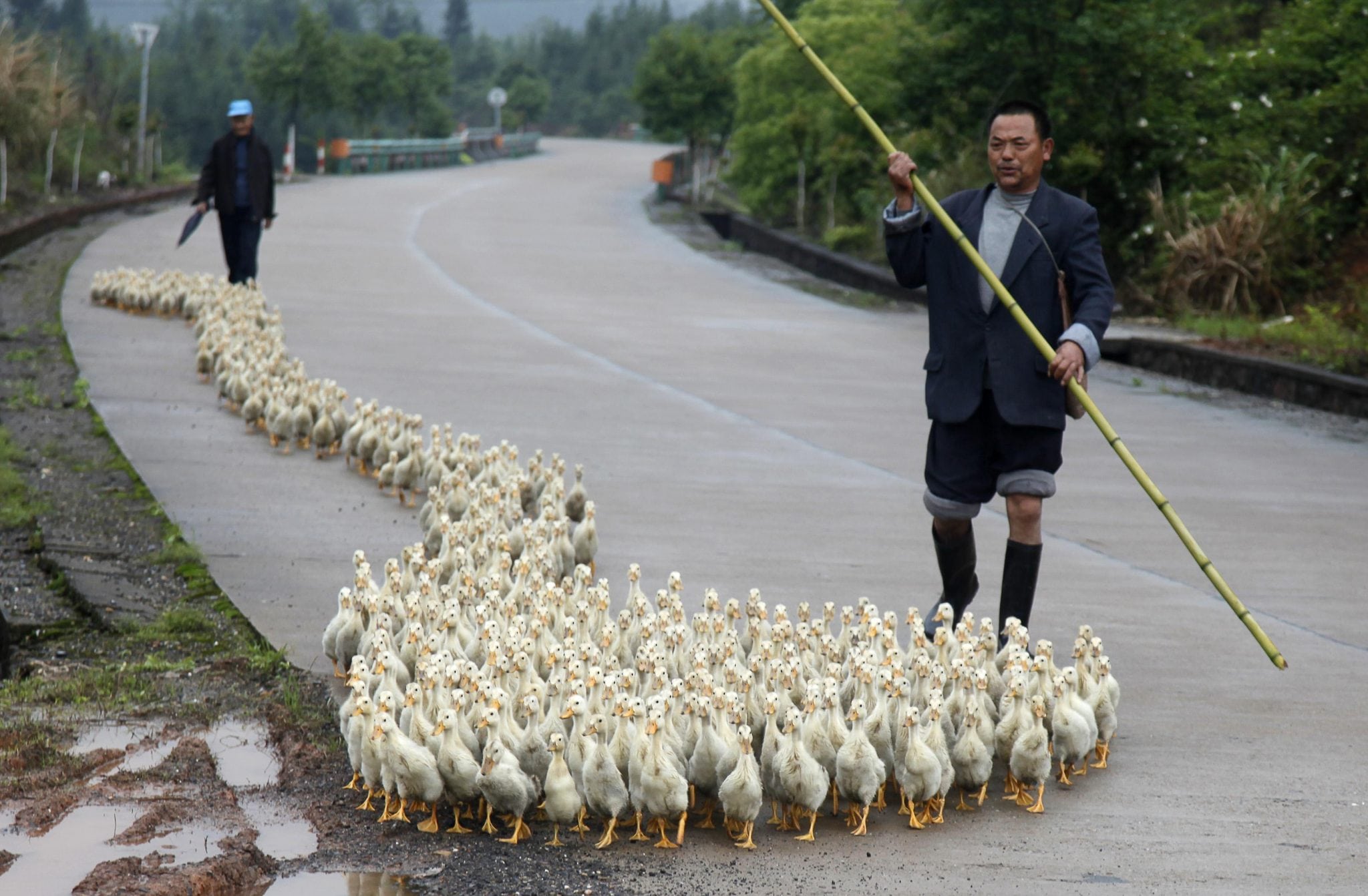Skift Take
The Chinese Labor Day holidays over an extended weekeend usually sees a huge tourist influx everywhere in the country and the surrounding regions, but the bird flu virus outbreak is deadly, and very real.
In spite of the deadly bird flu virus outbreak that has spread to new locations in China including south-eastern Fujian province and central Henan, Beijing housewife Xu Jia, 44, and her family decided to press on with their trip to Xiamen for the three-day Labour Day holiday which starts today.
The family booked their trip to the scenic coastal city in Fujian earlier this month. Last Friday, news broke that one case of the H7N9 virus had surfaced in the province.
Still, this has not stopped them from setting off today. “We’re not concerned about the avian flu. There are just 100-odd cases across the whole country and there hasn’t been discovery of human-to-human transmission,” Xu told The Straits Times.
But her gung-ho attitude does not appear to be shared by many of her countrymen.
The number of tourists to some eastern Chinese cities — where the outbreak, which has sickened 124 people and killed 24, is concentrated — has plunged by half for some tour agencies over H7N9 fears.
This is traditionally a peak tourism period, with tour prices rising as much as 30 per cent last year.
But this year, prices have stayed the same or dropped, as local media widely reported a fall in demand for popular destinations such as Shanghai, Hangzhou and Nanjing. Tour bookings to these places dropped by 10 per cent to as much as 80 per cent from last year, said the China Net portal, citing various tour agencies.
Beijing public relations manager Sibil Chen, 29, had considered taking her parents to a countryside resort for fresh air and “nong jia le” meals — fresh vegetables and pigs or poultry killed and cooked on the spot by local farmers for visitors. “But now we’re staying at home the whole break — better safe than sorry,” she said.
To reassure customers, travel agencies said they had cut out excursions to wildlife reserves and even removed chicken from their tour menus.
Tour sales have also been affected by last Saturday’s 7-magnitude earthquake in south-western Sichuan province, home of the giant panda. While sightseeing spots such as the capital city of Chengdu are largely unscathed, some tours to the province were reportedly cancelled.
Instead, more Chinese are opting to go overseas. Prices for tours to Bali, Hong Kong and South Korea’s Jeju Island jumped as much as 30 per cent on strong demand, China Economic Net reported, citing Global Tours agency manager Zhang Junbao.
How much domestic tourism numbers drop during the holiday will be clear only when national data is released later this week.
But with domestic consumption an increasingly key driver of economic growth this year as exports and property investments falter, the local authorities have come up with incentives to travel.
They have waived highway toll fees to encourage road trips, and cut admission prices to over 1,200 sightseeing spots across China.
Discounts will average 20 per cent, the official Xinhua news agency reported last Friday.
Shanghai, in particular, is slashing ticket prices for five attractions. Its outdoor zoo, for instance, will see ticket prices drop to 100 yuan from 130 yuan (US$16 to $21).
Still, even as the government seeks to boost tourist crowds, it is also taking precautions. Most big hospitals in major cities have been ordered to remain open during the holiday period.
Chinese Premier Li Keqiang yesterday urged health officials and residents to “stay on high alert” against the virus as “we don’t have all the information”.
It “looks preventable and controllable now”, he added during a visit to the national disease control agency in Beijing, state media reported. He also called on officials to reduce casualties and to keep releasing information to the public.
Xu said that she would be more vigilant during her Xiamen tour. “As long as we don’t touch live birds, don’t feed pigeons and don’t eat any chicken, I think we will be safe.”
Additional reporting by Lina Miao.
The Daily Newsletter
Our daily coverage of the global travel industry. Written by editors and analysts from across Skift’s brands.
Have a confidential tip for Skift? Get in touch
Photo credit: A breeder, whose business has been affected by the H7N9 bird flu virus, walks his ducks along a road in Changzhou county, Shandong province, April 24, 2013 Stringer/China/ / Reuters
